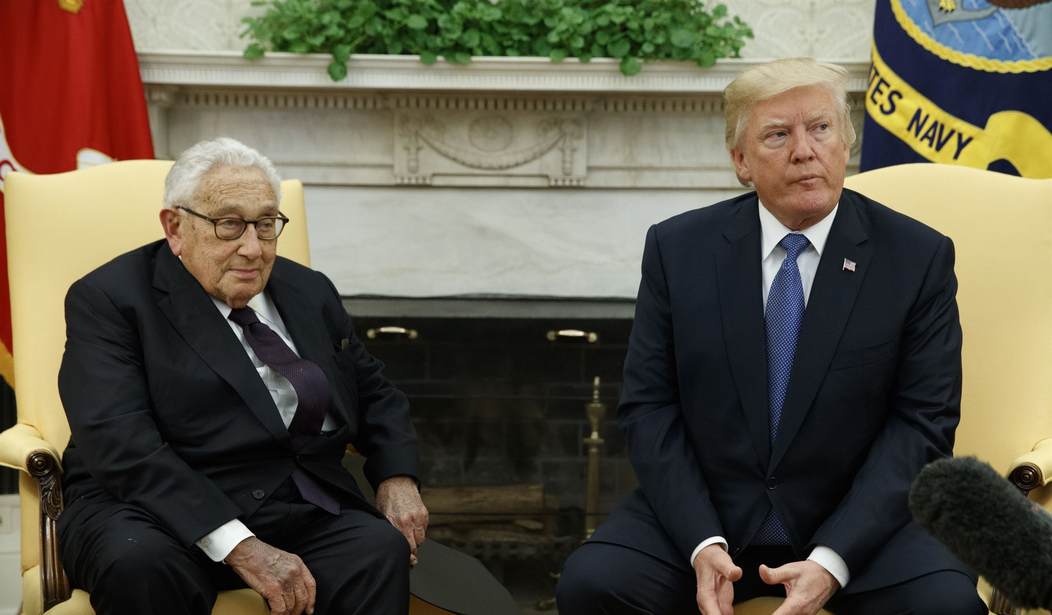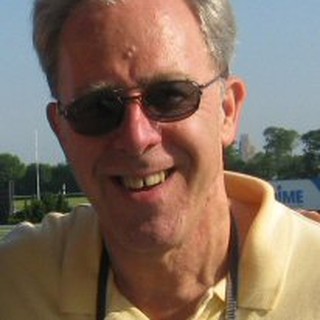When someone walks into Golden Corral, the old saying “your eyes are bigger than your stomach” comes to mind. For some, walking into a library or a bookstore has the same effect. So many books, so little time.
This brings up a book by a man who is clearly a direct descendant of Methuselah — Henry Kissinger, who just turned 100. If you think all the old World War II veterans are gone, you are wrong. Henry Kissinger is still at his desk, writing away in longhand like the old professor he was. One suspects he is already planning on how to nudge American foreign policy in his direction from the great beyond.
“Leadership: 6 Studies in World Strategy” is his latest book. The reviewers at Delibris, a great website for separating the wheat from the chaff when it comes to books, give it a very high rating. It is not light summer reading at 417 pages, not including footnotes and index. Love Kissinger or hate him, he always has something to say.
For those in the Pat Buchanan school of America-First foreign policy, I’m sure there will also be much to disagree with in Kissinger’s work. Pat’s own two books on the Nixon White House, “The Greatest Comeback” and “Nixon’s White House Wars” are among the best on how politics really works and well worth a read.
Kissinger’s book studies the concept of leadership and strategy through the lived example of Konrad Adenauer, Charles de Gaulle, Richard Nixon, Anwar Sadat, and Margaret Thatcher — German, French, American, Egyptian, and English leaders, respectively.
The concept is reminiscent of Kissinger’s old protege President Richard Nixon’s book “Leaders,” in which he studied Winston Churchill, de Gaulle, Douglas MacArthur, Adenauer, Nikita Khrushchev, and Zhou En-Lai as leaders. Nixon was a lifelong student of great leaders.
Nixon was one of the most popular presidents in American history, winning an overwhelming re-election. Reminiscent of Donald Trump, he was hated extraordinarily by the media, the elites, and what we would now call the deep state. As with Trump, some in the FBI conspired to bring him down. Was this because of their personalities or because of the personalities of the media figures and elites who hate them? Or is hate just to be expected when a strong Republican leader is in power? Or is it all of the above?
Many Republicans have been talking up Gov. Ron DeSantis (R-Fla.) for president. He is clearly the head of the seven dwarfs in the polls (or is it 17) trying to take down former President Donald Trump. DeSantis has a lot going for him. He is a great chief executive. He knows how to execute policies that strike at the heart of critical problems. He got COVID-19 right. His state is booming.
But the fact that he is so far behind Donald Trump in the polls goes to the heart of the question both Kissinger and Nixon are asking in their books. What makes a person a leader? Trump is clearly a leader who upended so many preconceived failed notions that doomed the Republican Party to perpetual minority status. He did that at a tremendous cost to his family and his reputation.
Leadership is not based on brains, good looks, or resumes. The political establishment of the United States is full of mediocrities, insiders, and back-scratching political hacks who call themselves leaders, Sunday morning “Meet the Press” material. Most campaigns are waged by two such choices — one from each opposing political party.
It is no surprise that Nixon spotted leadership qualities in Trump after Pat Nixon saw him on TV in the 1980s. He wrote him a letter saying that he could go far if he chose to go into politics. Say what you will about Nixon; he had a great eye for young talent. And always ready for a fight, he wrote to Trump in 1990, “I know nothing about the intricacies of your business enterprises, but the massive media attack on you puts me in your corner!”
Whatever leadership is, Trump has it. That is a plain political fact. If DeSantis is to be competitive in the Republican Party and Robert F. Kennedy, Jr. in the Democrat Party, they need more than good policy ideas. They need to convince voters they are leaders.
Related: Henry Kissinger: What We Need Most on President Reagan’s 112th Birthday
Big-picture leadership comes from something subjective: a lived experience that comes forward in the way leaders instinctively act. Something in the personal experience that shapes and drives them is needed to attract others, even if the leader never mentions it. It is something more than the finely honed “personal story” politicians love so much. Being born in a log cabin is not enough to make you a Lincoln.
This raises the question, is leadership something you develop, painting by numbers, or by study, or is it an art form you are born with? Obviously, leadership is not confined to people who have good policies or are good people. In the opening of his book Kissinger asks the basic question every voter has to answer every four years:
Do individuals matter in history? A contemporary of Caesar or Mohammed, Luther or Gandhi, Churchill or FDR would hardly think of posing such a question. These pages deal with leaders who, in the unending contest between the willed and the inevitable, understood that what seems inevitable becomes so by human agency. They mattered because they transcended the circumstances they inherited and thereby carried their societies to the frontiers of the possible.
Currently, America has an absentee president and a leadership vacuum. We are adrift. Who in the 2024 crop of candidates is up to providing the great leadership the country is lacking right now?










Join the conversation as a VIP Member